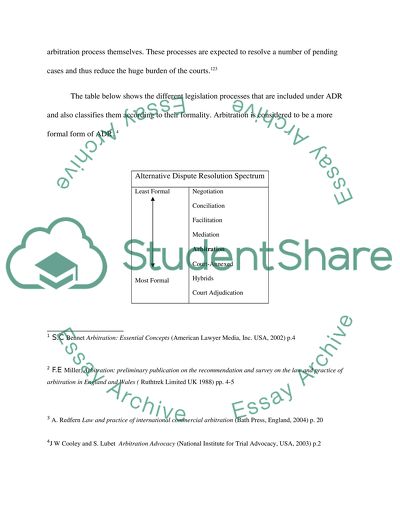Cite this document
(“Arbitration Coursework Example | Topics and Well Written Essays - 2500 words - 1”, n.d.)
Retrieved de https://studentshare.org/law/1391924-arbitration
Retrieved de https://studentshare.org/law/1391924-arbitration
(Arbitration Coursework Example | Topics and Well Written Essays - 2500 Words - 1)
https://studentshare.org/law/1391924-arbitration.
https://studentshare.org/law/1391924-arbitration.
“Arbitration Coursework Example | Topics and Well Written Essays - 2500 Words - 1”, n.d. https://studentshare.org/law/1391924-arbitration.


